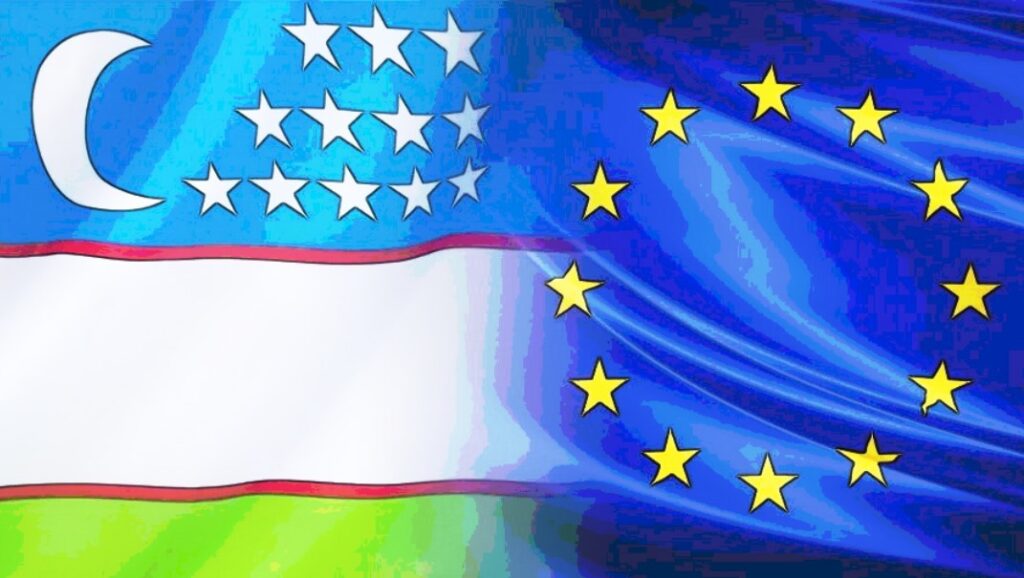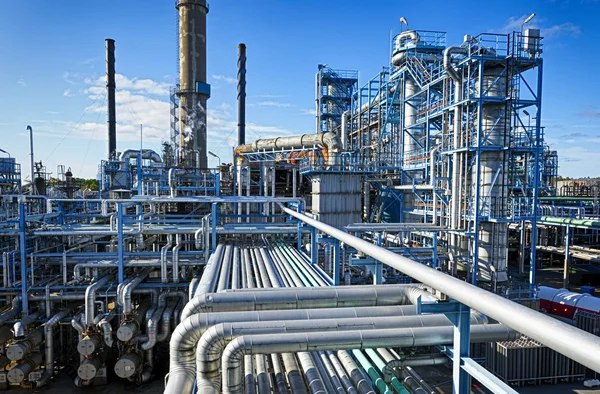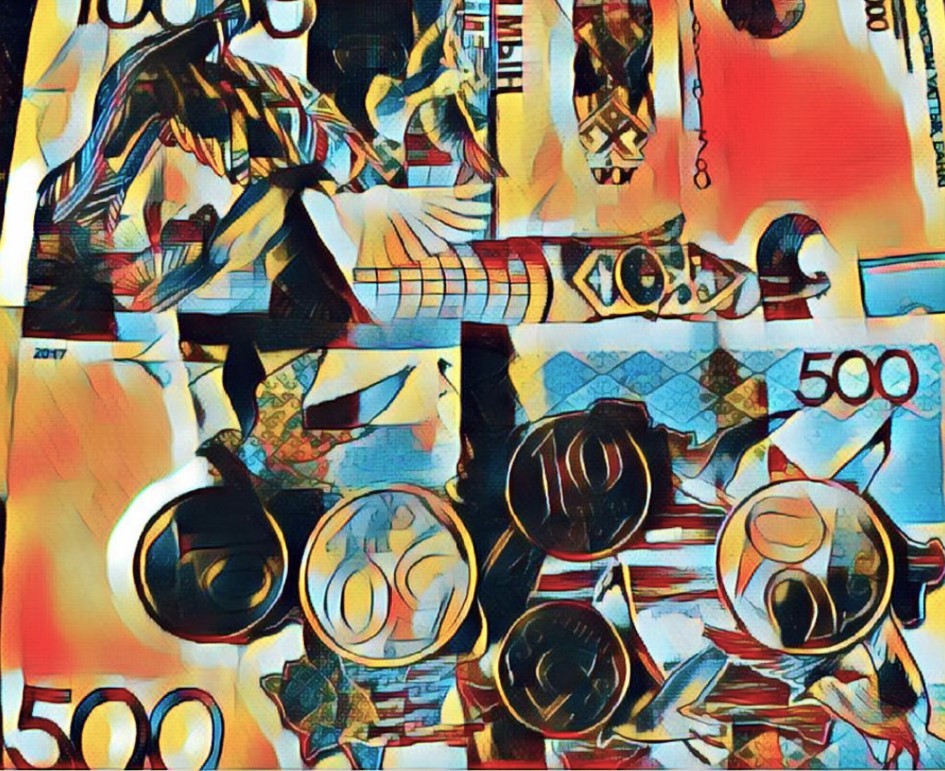Uzbekistan’s president Shavkat Mirziyoyev has signed a decree that will put up for auction shares in 247 state enterprises and 1,028 units of real estate. Initial public offerings (IPOs) and secondary public offering (SPOs) of 12 large enterprises are also to be held on the domestic stock market.
The Uzbek government is planning various incentives to speed up the sales. For example, if an asset is not sold within three months of the auction opening, its value will be phased down to 10% of the starting bid price. Lessees of state property will be able to buy the assets under contract directly at the appraised value, and those who purchase privatized state assets in installments will be able to pay just 15% of the purchase price in the first three months, and the rest only within the next 10 years.
Additionally, the privatization program provides for simplified sale of land plots located along international highways, as well as the sale and registration of land assets for the construction of commercial and service facilities along those roads.
Earlier this year Mirziyoyev criticized the slow pace of property privatization in the country and noted that it could bring 20 trillion sum ($1.5 billion) to the national budget. According to Mirziyoyev, many enterprises have artificially inflated their valuations to avoid transferring state assets to private ownership.
The Ministry of Health (39), Uzpromstroybank (27), the Ministry of Preschool and School Education (21), the Committee on Roads (17), the Ministry of Higher Education, Science and Innovation (14), Uzbek Postal Service [Pochtasi] (14), and the Ministries of Culture and Water Management (13 each) have the most unrealized assets that should be transferred to the docket for privatization.
Thanks to the incentives, significant revenues are expected from the sale of land to entrepreneurs through the auctions, which last year generated 1 trillion sum ($78 million) in windfall for the state budget.
Among the most significant objects privatized in recent years were the Kokand Superphosphate Plant, in which a foreign investor invested $40 million and increased production fourfold. Furthermore, the sale of state stakes in Ipoteka Bank ($324 million) and in Coca-Cola Uzbekistan ($252 million) netted significant cash injections for the government.









